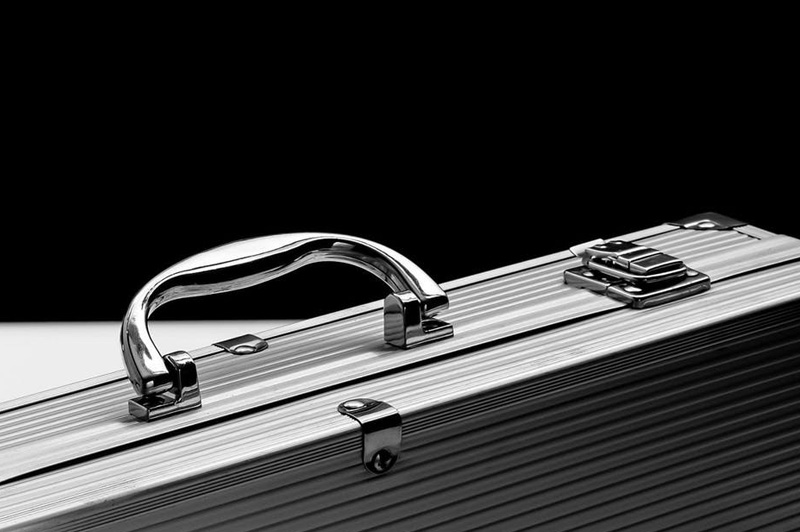Chapter 13 Bankruptcy and Taxes with an Example
In some circumstances a chapter 13 bankruptcy is a better strategy for dealing with past due taxes. Indeed, as my last blog post explained, a Chapter 7 case can be a powerful tool in dealing with past due taxes. A chapter 7 stops, at least briefly, any pending IRS or Oregon Department of Revenue (ODR) paycheck or bank account garnishment, and most other collection actions. And, most importantly, a Chapter 7 case can either: 1) discharge (legally write off forever) certain, usually older, income tax debts; or 2) discharge enough of your non-tax debts so that—after your Chapter 7 case is completed— you can afford to enter into a reasonable monthly payment plan with the IRS and/or the ODR on the taxes that can’t be discharged; or 3) a combination of the above two—discharge some of your tax debt, along with some or all of your other debts, so that you can afford to enter into a monthly payment plan with the IRS and/or ODR on the taxes that can’t be discharged.

